We offer an initial consultation and evaluation (if needed) to determine the best method
of diagnosing and treating your sleep disorder.
Sleep plays a vital role in maintaining both physical and mental health. Inadequate sleep can take a toll on a person's health and quality of life. Through assessment within a sleep laboratory, the presence of sleep disorders can be identified and treated to ensure restful and restorative sleep.
Sleep apnea is one sleep disorder that left untreated, can increase the chance of automobile accidents, stroke, hypertension (high blood pressure), heart attack, diabetes, impotence, gastro esophageal reflux disorder, arteriosclerosis and other chronic diseases.
Besides sleep apnea, there are many other sleep disorders and parasomnias which can disturb sleep and impact the quality of life. These include Periodic Limb Movements, Restless Leg Syndrome, Narcolepsy, Bruxism (teeth grinding), REM Behaviour Disorder (acting out in sleep), Night Terrors and Circadian Rhythm Disorders.

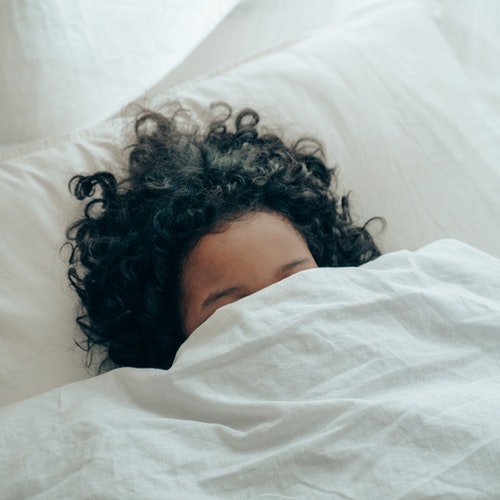
The term "terror" accurately defines what those who remember night terror episodes describe. Night terrors are characterized by physical symptoms associated with fear such as accelerated heartbeat and sweating. This makes them look more like panic attacks than nightmares, but they are not.
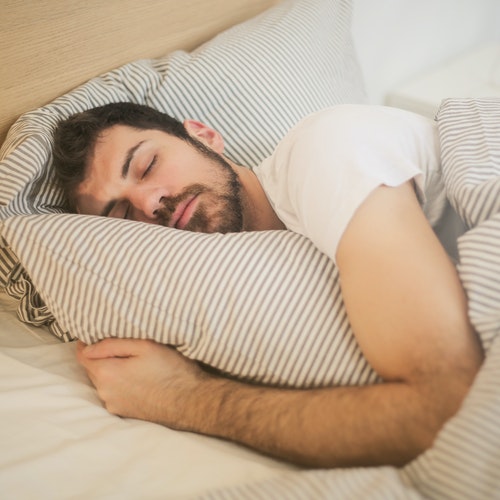
Do you struggle with your sleep night after night? Are your days difficult as a result of poor sleep? Does it take you forever to fall asleep? Do you wake up several times a night or very early in the morning and can't get back to sleep? Do you have low energy and feel fatigue as you go about your daily activities? Is sleeping problematic for you?

We all know how important breathing freely is. We've all voluntarily held our breath or involuntarily lost it (i.e.: apnea). Some will remember, for example, the longest breath competitions in the pool in the summer or have lost their breath after a fall, such as slipping on a patch of ice in winter. Well, sleep apnea disorder is just as breathtaking.
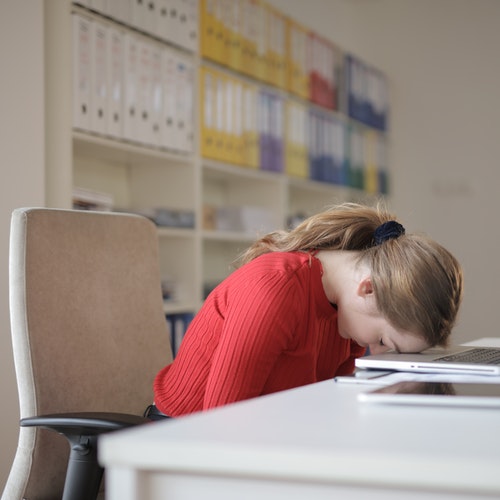
We all know that dreaming is a mental activity that does not translate into behaviours. But what happens when it's not the case?
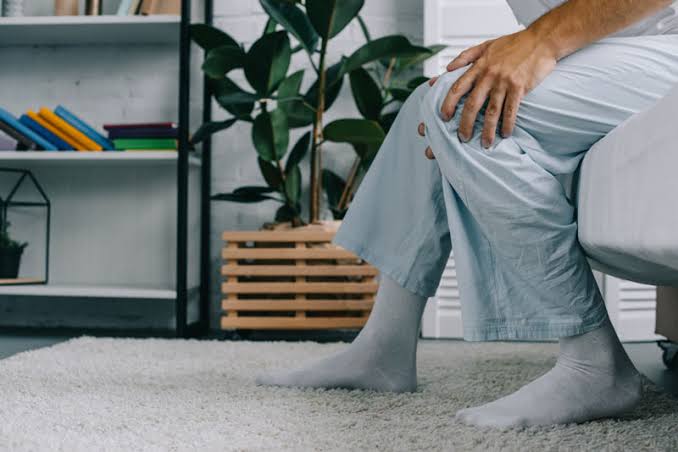
When PLMD and RLS kick in together, how do you keep them still?

Sleepwalking is often seen as the "funny" or even "cute" child sleep disorder. Nightwalkers are most of the time calm, with an expressionless face and simply performing acts while being asleep which appears strange to the awaken ones. Most sleepwalkers would like to be able to fully remember what happen the night before, but they rarely remember episodes or only portions of it.

Since "narco-" means 'put to sleep' and "-lepsy" means seizure or attack, the etymology of this sleep disorder says it all. A hallmark symptom of narcolepsy is daytime sleep attacks, meaning the irrepressible need to fall asleep in any situation.
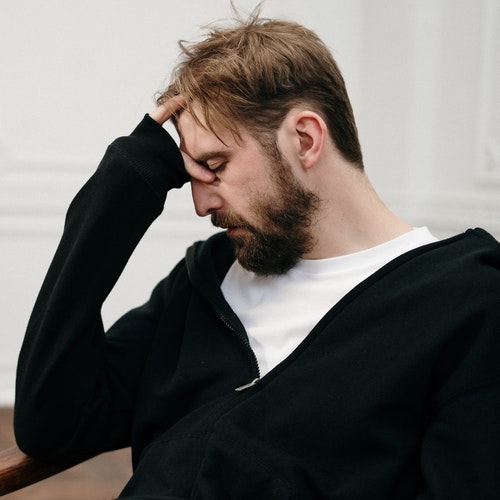
Feeling sleepy all the time, having trouble waking up every morning, feeling as if part of you is still asleep for the first hours of awakening, and having trouble concentrating are all signs that something may be wrong. Stop blaming yourself, the struggle is real.
Helping you achieve restful and restorative sleep for improved physical and mental health.